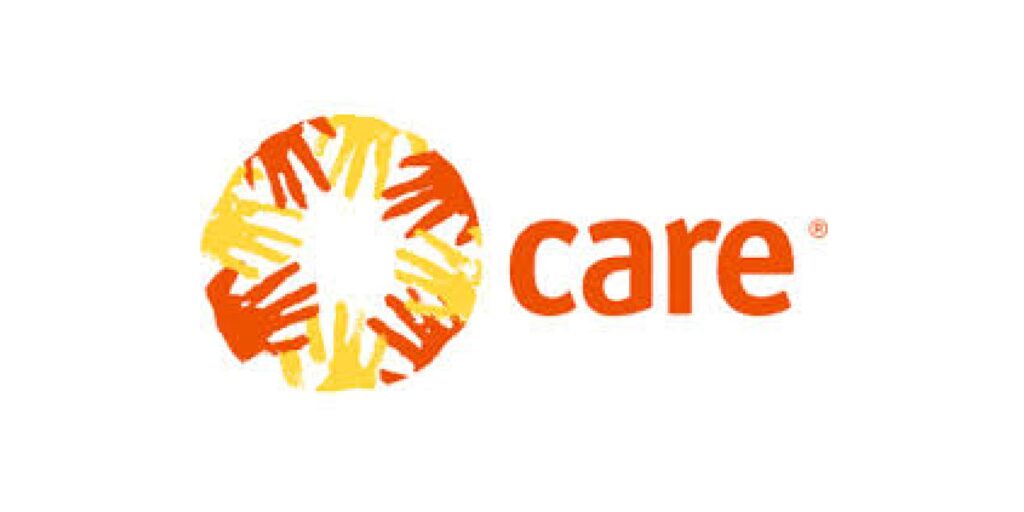
Midline Survey of Supporting Transition, Retention and Training for Girls
The Supporting Transition, Retention and Training for Girls (START4Girls) project is by design a gender focused and resilience building developmental intervention that seeks to strengthen the agency and capacities of adolescent girls and young women including those with disabilities, and the broader education ecosystem.
The four year project, from February 2020 to March 2024, implemented by CARE International, the Coady Institute (St. Francis Xavier University, Canada) and relevant government line ministries with funding support from the Global Affairs Canada (GAC) in Buhera and Mutare rural districts of Zimbabwe, targets socioeconomic barriers exacerbated by the multidimensional and protracted challenges in Zimbabwe that prohibit girls’ sustained engagement in secondary education and/or training and their successful transition to adulthood equipped with skills and capacities to access relevant and diverse choices to build and sustain their financial independence.
The project is reaching to 59,040 direct participants with a goal to improve attendance, retention, completion and transition rates of adolescent girls and young women including those with disabilities within, across and beyond educational and vocational training pathways.
The specific objectives of the evaluation are as follows:
- Assess the effectiveness of the implementation modalities/strategies towards meeting the overall project goal based on the indicators selected for inclusion in the midline. The evaluation will make a fair assessment of how the strategies under each of the main three outcome areas are contributing to the desired goal, and identify weaknesses and challenges presented from the implementation strategies.
- Assess the management of key interventions and alignment of the implementation of key interventions to the overall project implementation plan and results framework/logic model. The evaluation should distill the extent to which the key interventions were timely executed towards meeting the goal, and factors contributory to timeliness in operations and/or lack thereof. The evaluation exercise should not only assess project performance, but also seek to answer the “why” question by identifying factors contributing to (or inhibiting) successful implementation and achievement of results
- To assess and verify evidence of change and factors contributing to observable change and compare with the project’s logic model. The evaluation should identify, verify, and document early evidence of changes in perceptions, attitudes and practices in social and gender norms that prohibit the sustained engagement of girls and young women including those with disabilities in secondary education and vocational training. The evaluation should also capture any changes resulting from the project that is visible in areas of implementation.
- To the extents possible, a comparison with the baseline status should be conducted to show trends and patterns. This assessment will focus on specific indicators that the project monitoring system is yet to collect data for, and these indicators are listed below.
- To assess progress recorded to date towards set targets relative to the implementation and operational use of STAR4Girls models and technical solutions as well as the project’s contribution towards the intended impacts. The evaluation should verify and present progress against outcome and output level indicators in the Performance Measurement Framework (PMF). Baselines set at project beginning will be used for comparing progress recorded. To assess the project staff complement and staff capacity and positioning in ensuring quality and timeliness of project delivery
